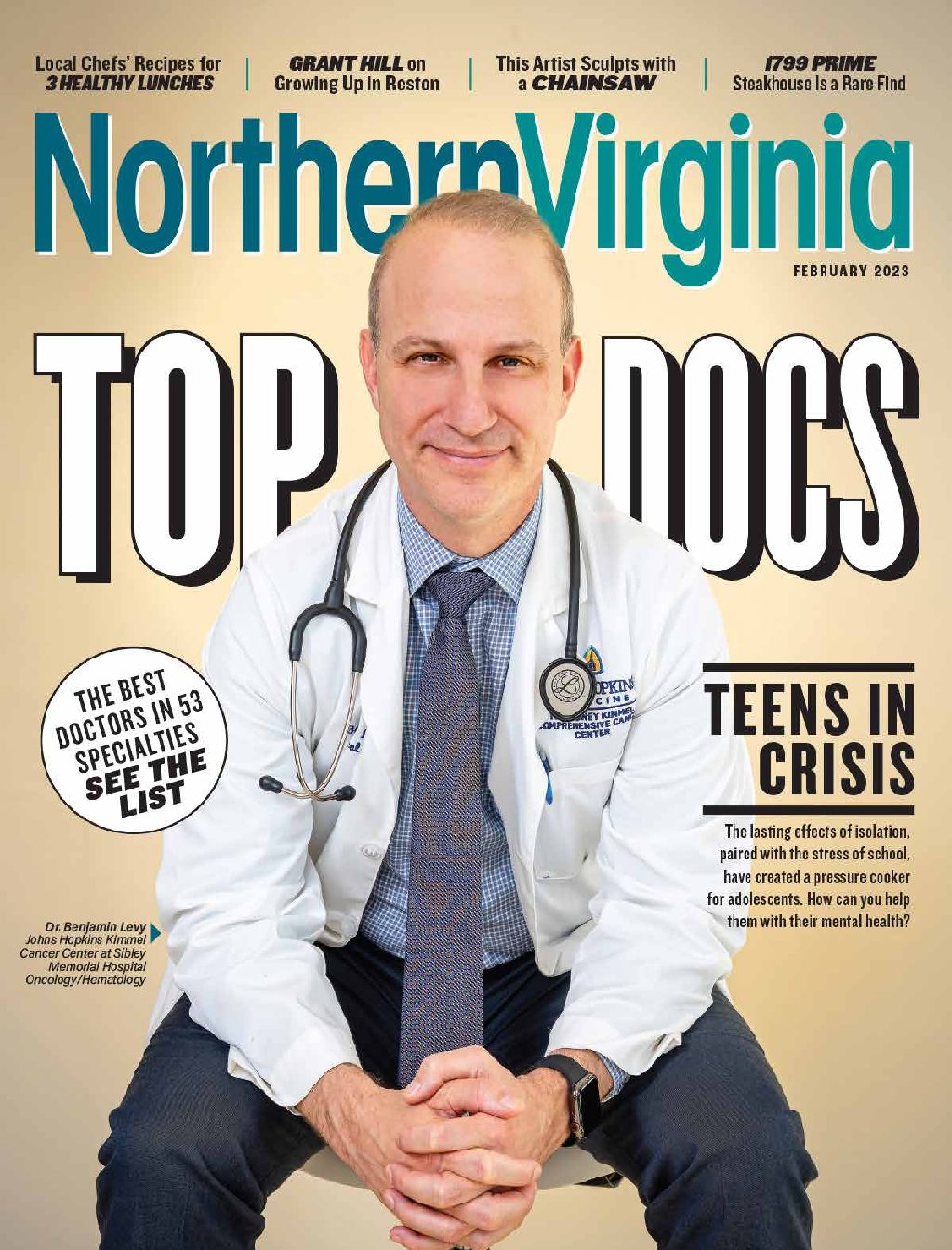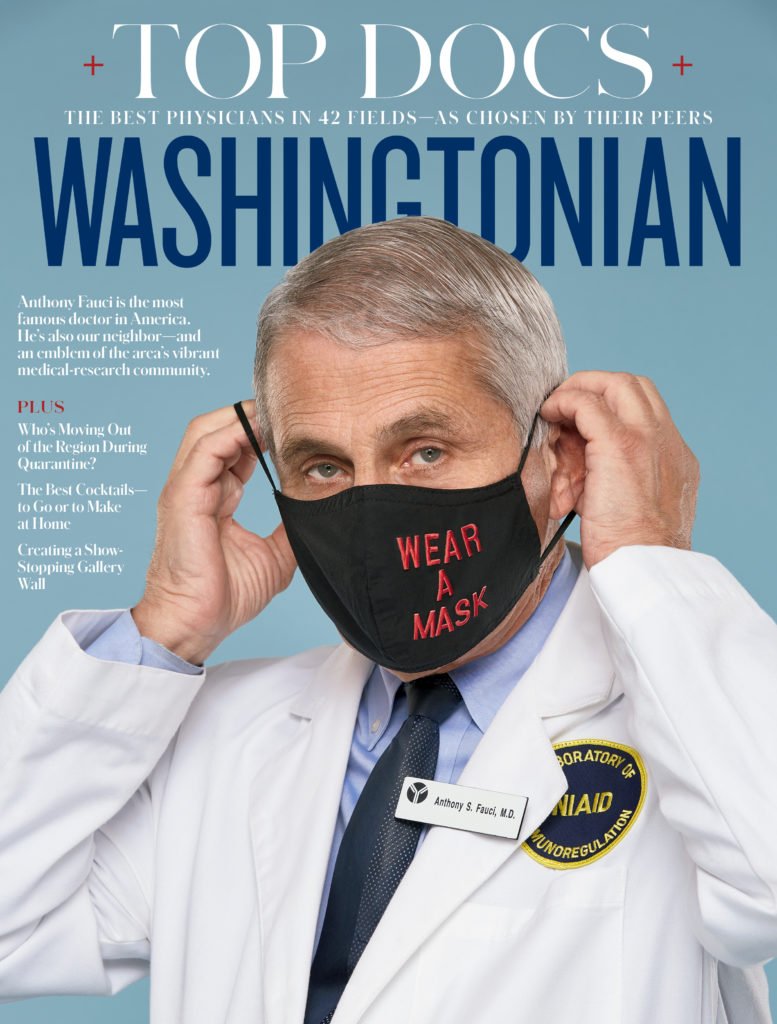In September of last year, members of the Cardiology and Radiology/Nuclear Medicine departments at the Mid-Atlantic Permanente Medical Group won first place in the Choosing Wisely Challenge for developing a more efficient way to administer nuclear stress tests for cardiology patients. The Choosing Wisely Challenge is a national competition focused on developing solutions that open the lines of communication between physicians and patients with the goal of improving health outcomes, providing patient-centered care, and reducing costs. The competition is sponsored by the American Society of Nuclear Cardiology (ASNC).
Sudip Saha, MD, Joseph Lodato, MD, and Managing Director of Special Projects, Nancy Ortiz were responsible for the proposal submitted, which centered around reducing the amount of inappropriate radiation testing that patients are subjected to when cardiologists work to assess a patient’s heart health. Nuclear stress tests are used to measure blood flow and motion of the heart in patients who are at risk for heart disease. And while effective in doing so, nuclear stress tests include the use of a radioactive chemical compound known as a radiotracer – which, if used frequently, can carry a small, but significant risk of cancer.
In 2016, after reviewing data showing the number of nuclear stress tests taking place in the region, Dr. Saha and Dr. Lodato were determined to create a new ‘stress first’ protocol that would focus on using the right tests for the right patients, ultimately reducing the number of inappropriate tests performed. Beginning in October of 2018, a new protocol for Kaiser Permanente cardiac patients was implemented. Cardiac patients now engage in a stress imaging test first, with additional testing completed if abnormalities or concerns are visible from the stress images of the patient’s heart. This change in cardiac testing protocol has reduced the radiation exposure for patients (and for medical staff, as well). Additionally, with patients engaging in less tests, physicians can spend more time taking care of the patients who need more attention, while saving money for those patients who would have otherwise engaged in an unnecessary test.
Kaiser Permanente is focused on providing the highest quality, most affordable care for all our members. Our cardiac care specialists are raising the bar in the Mid-Atlantic region and beyond, constantly focused on making your health care work better for you. If you are interested in learning more about the development of the ‘stress first’ protocol, read some of Dr. Saha’s thoughts here.



